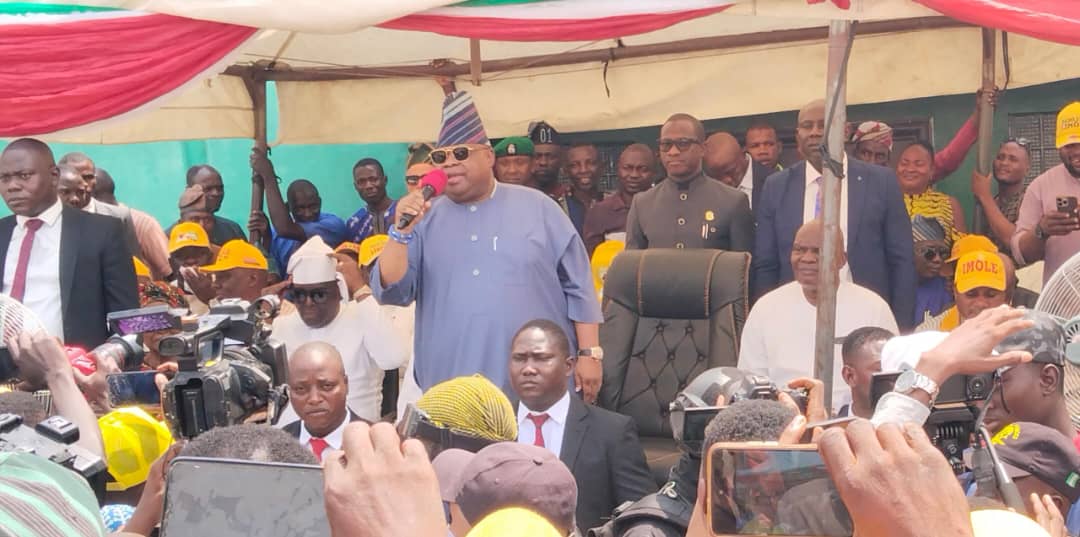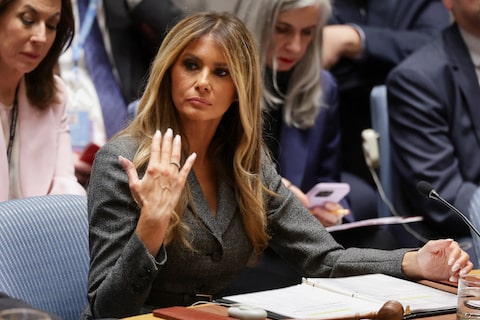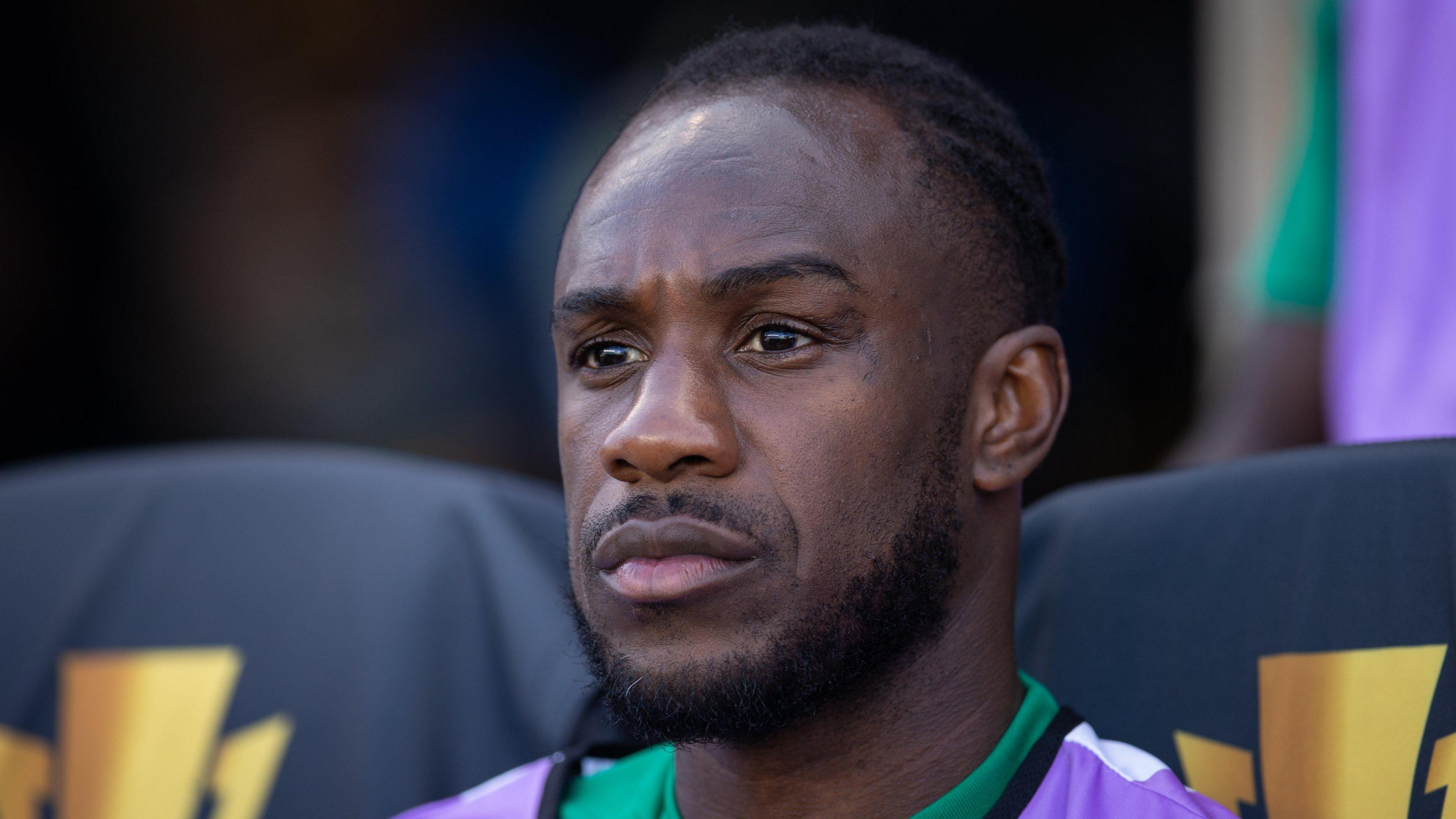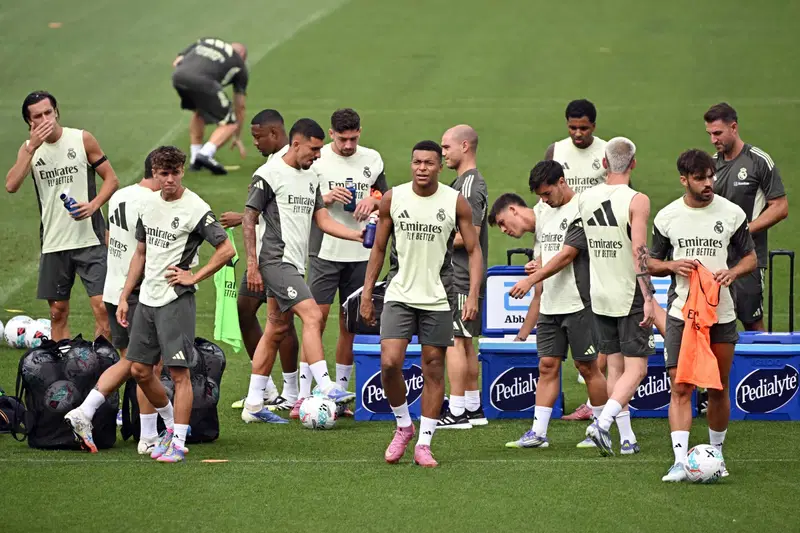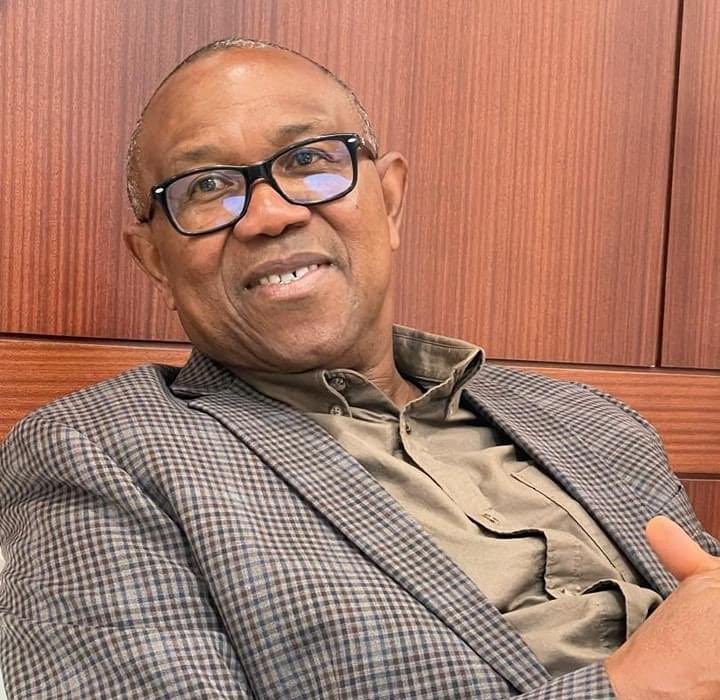
Peter Obi, the Labour Party’s candidate in the 2023 presidential election, criticized President Bola Tinubu’s economic policies, claiming they have been ineffective.
In an interview on Arise News Prime Time, Obi, a former governor of Anambra State, expressed concern over the naira’s devaluation, pointing to a lack of productivity and growing debt levels as key factors worsening Nigeria’s economic crisis.
Obi noted that Nigeria’s debt has ballooned from around N17 trillion to over N170 trillion in just two years under Tinubu’s administration, with the cost of servicing this debt now exceeding the budget for critical sectors like health and education.
He argued that if he were in power, Nigeria would have seen substantial improvements in just two years by focusing on increasing productivity.
“If I were president, I would have injected resources into productive sectors, creating a more sustainable economy,” Obi stated.
He also emphasized his plan to combat corruption, reduce government expenses, and ensure that borrowed funds were used to strengthen vital sectors such as education and healthcare.
Obi further criticized the high interest rates under the current government, arguing that they are stifling business growth in Nigeria. He stressed that devaluing the naira without a corresponding increase in productivity would only exacerbate the country’s economic challenges.
In discussing Nigeria’s health sector, Obi pointed out that more than 70% of the country’s primary healthcare centers are nonfunctional. He pledged to fix this, as well as to improve primary schools, if he were president.
Despite his criticisms of the current government, Obi reaffirmed his commitment to the Labour Party, stating that he is collaborating with other political leaders, including Atiku Abubakar, to work toward Nigeria’s progress.
He also expressed frustration with the state of Nigerian democracy, claiming the political environment is deliberately designed to suppress opposition voices.
Obi criticized the situation in Rivers State, where a state of emergency was declared following political unrest, arguing that such measures undermine Nigeria’s fragile democracy. He also noted the challenges faced by opposition parties, which struggle to thrive under the current political system.
On his future political ambitions, Obi emphasized that his focus is on ensuring Nigeria becomes a functional, democratic nation, rather than on pursuing personal political power. “I am not desperate to be president; I am desperate to see Nigeria work,” he explained.
Regarding the 2027 presidential election, Obi expressed reluctance to speculate, but stressed that any future political alliance should prioritize addressing the country’s critical needs, particularly in education.
He concluded, “We must work together to save Nigeria. I am not interested in power for its own sake; I want to see a Nigeria that works.”
Advertisement


